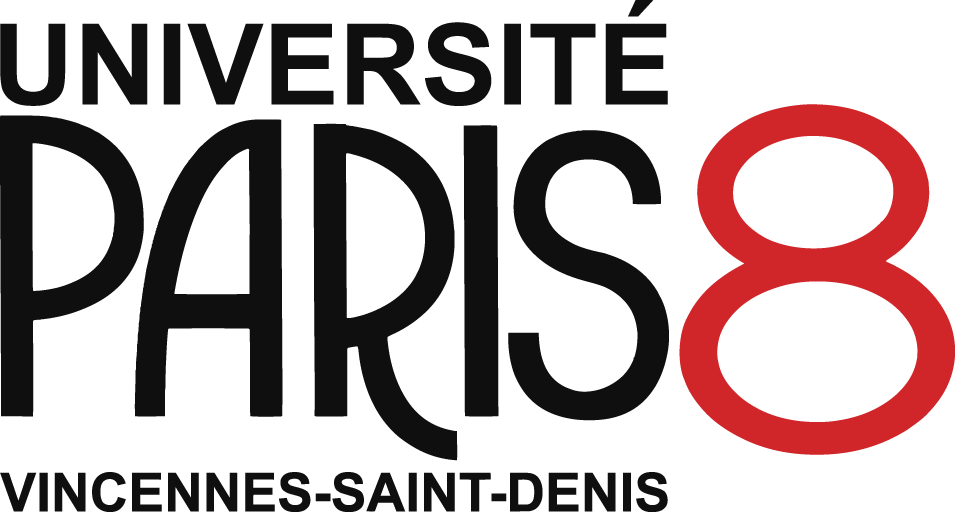The effects of clusters of universities in France on Open and Distance Education
Résumé
In France, restructuring the university landscape through clustering universities has shaken up the balance that was instilled by a long institutional (and often conflicting) history. Clustering can take three different forms, depending on the decreasing integration conditions: merging of several establishments to form one establishment, community of universities (COMUE) and the association between establishments. The choice generates many questions, indeed problems, which there are various answers. In this communication, we will report a case study to compare one institution that merged several years ago with another which is preparing to merge in the coming months, in order to clarify challenges and opportunities for teaching innovation and open education. Both studied establishments, Aix Marseille Université (AMU) and Université Lille Nord Europe (ULNE) aim to increase their national and international visibility as much for research as for education. The creation of university communities is seen as more of an opportunity than a risk, even if its implementation gives rise debates and often oppositions. Both establishments won initiatives for excellence (Idex), a national call for proposals that guarantee supplementary financing of several million euros per year for the laureates. At Aix-Marseille, merger was completed 5 years ago. This dynamic has two consequences on the approach to teaching. The first is favoring comparisons between faculties, but also trying to break down traditional walls between different teaching methods. In addition, AMU wants to promote competency-based approach; active teaching and favors shared experiences and practices. The establishment is also studying a digital transposition for the program approach to hybrid education, enriched in-class learning and participating in FOAD. For Lille, the creation of the ULNE is the opportunity to promote multi thematic objectives by drawing on the partner's richness and diversity. One of the objectives is to integrate initial education and continuing education in a long-life strategy, with particular thanks to the modularity of courses and the reinforcement of teaching dispositive. Success is a main preoccupation that need to implement a continuum of methods, innovative education; digital resources will have an important role. Contrary to the research policy where the laboratory level plays an important role, the education policy is developed for the whole establishment, which, in the case of a merge involving subsidiarity and a more significant mutualization than before, then centralization increases. In both establishments, two logics must be formulated which are not always easy to accommodate to increase professionalization and mutualization and to maintain proximity to support services with the faculties. The first logic drives the centralization, whereas the second logic involves more decentralization. However, these two logics need to be applied in a different way, depending on the nature of the service.
Origine : Fichiers produits par l'(les) auteur(s)
